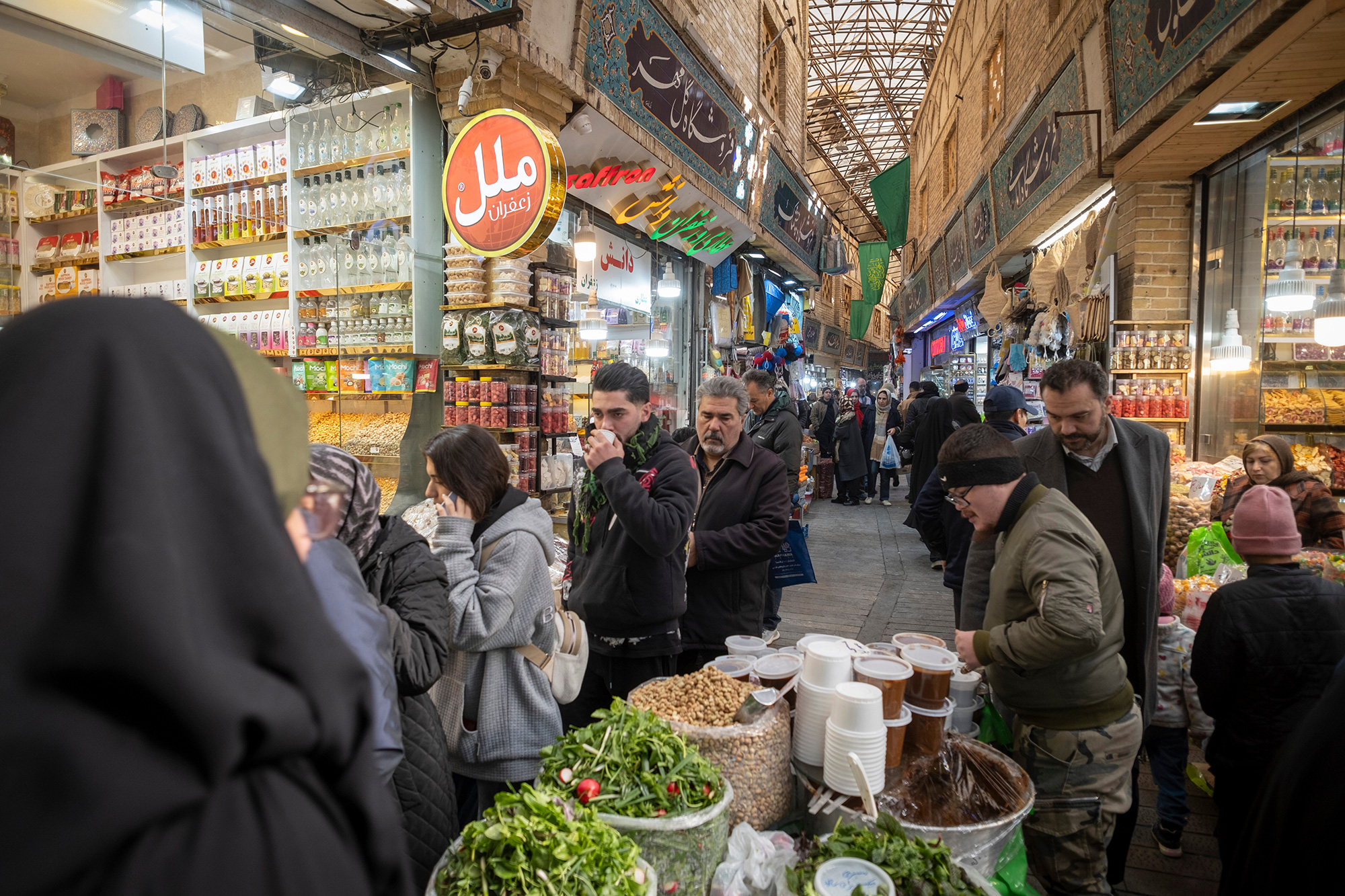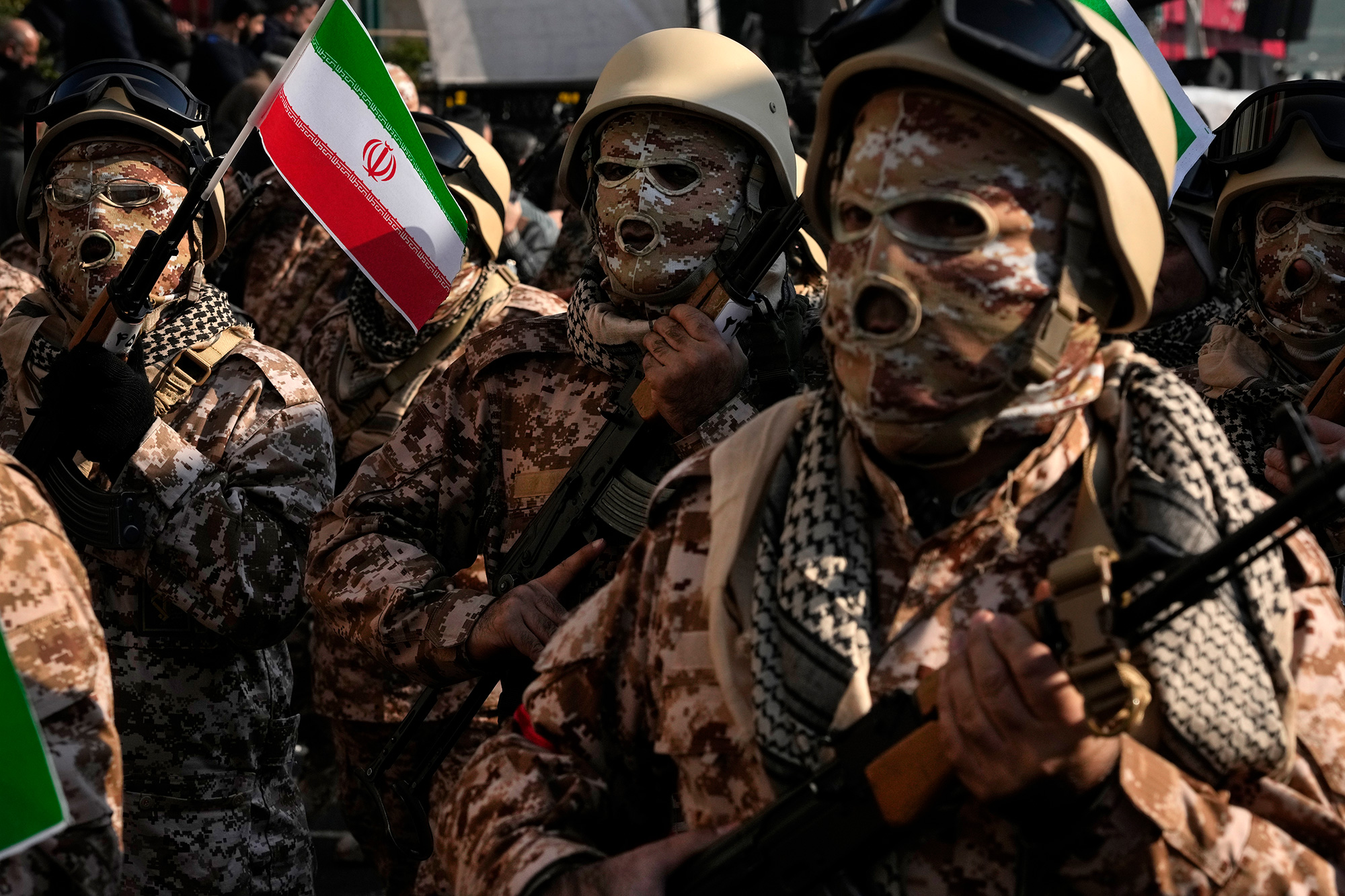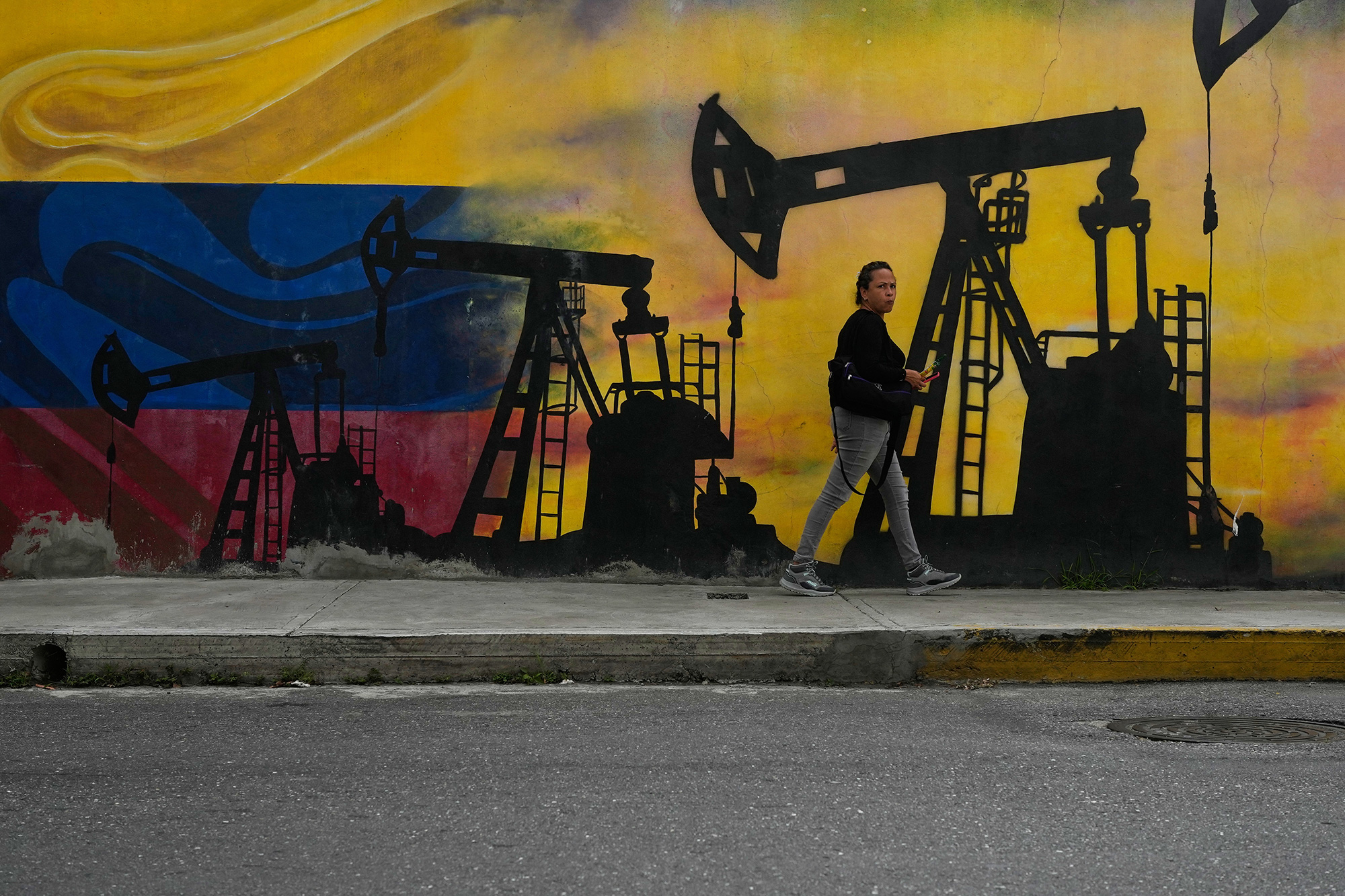Tariffs are taxes the U.S. government places on imported goods, giving U.S. producers an edge. They are often used to protect certain industries, respond to unfair trade practices, or pressure other countries during negotiations.
How Are Tariffs Implemented?
While Congress technically controls trade policy, it has handed much of that power to the president through laws passed over the last 60 years. These laws let the president act quickly when national security is at stake, when foreign countries are breaking trade rules, or during economic emergencies.
There are a few main tools presidents use:
- Section 232 of the Trade Expansion Act of 1962 allows tariffs if imports threaten national security.
- Section 301 of the Trade Act of 1974 targets unfair trade practices like IP theft or discrimination against U.S. exports.
- The International Emergency Economic Powers Act (IEEPA) lets the president act during national emergencies tied to foreign threats.
Once the president decides to act, agencies like the U.S. Trade Representative or Commerce Department often lead investigations and recommend specific tariff measures. Public comments are usually part of the process. If tariffs are approved, the president issues a proclamation, and Customs and Border Protection (CBP) starts collecting the new duties at the border.
What Tariffs Are in Effect Right Now?
The United States maintains a comprehensive system for classifying and applying an extensive list of tariffs on imported goods in a list called the Harmonized Tariff Schedule of the United States (HTSUS). You can view the full list here.
How Are Tariffs Enforced?
CBP is the frontline enforcer. They inspect shipments, verify documentation, and collect the money. If importers try to cheat by mislabeling products or avoiding paying duties CBP can seize the goods. In more serious cases, the Justice Department can step in with criminal charges, and whistleblowers can even file civil suits under the False Claims Act if they catch companies committing customs fraud.
How Do Tariffs Affect You?
Technically, the company importing foreign good pays the tariff on it. They can then decide to eat the costs on their own, raise their prices or a combination of both. That can mean higher prices on everyday items: cars, electronics, clothing, groceries, and more.
Some studies suggest tariffs protect American jobs by helping domestic companies stay competitive. But other studies suggest they disrupt supply chains, drive up costs for U.S. manufacturers, and squeeze small businesses that rely on imported parts or materials.
If you work in an industry exposed to foreign competition, tariffs might help keep your job secure. If you work in one that relies on imports, they might hurt.
Can Tariffs Be Changed or Ended?
Yes, and it happens more than people think. The president can lift or change tariffs imposed under executive authority, often after negotiations or once the original justification no longer applies. Congress can also change tariff laws directly, though it rarely does. And trade agreements, like NAFTA or the USMCA, can modify tariffs too but those need congressional approval.
READ MORE: What Is A Trade Deficit?
Related
Sam Zickar
Sam Zickar is Senior Writer at No Labels. He earned a degree in Modern History and International Relations from the University of St Andrews and previously worked in various writing and communications roles in Congress. He lives in the Washington, D.C. area and enjoys exercise and spending time in nature.




